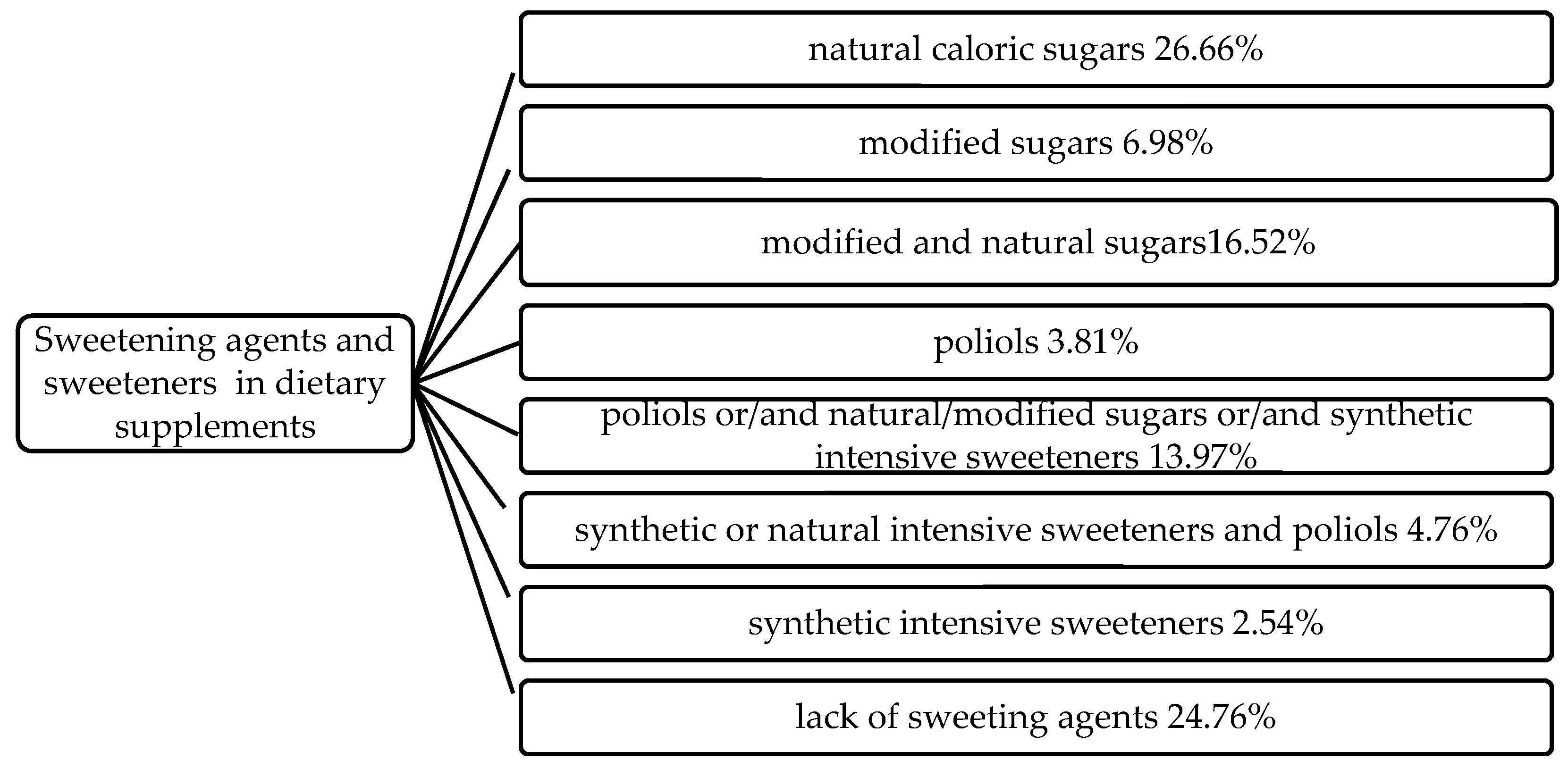
Artificial Sweeteners Is Modified Sugar. Artificial sweeteners are also called sugar substitutes low-calorie sweeteners or nonnutritive sweeteners. Think diet soda and low-cal yogurts. Artificial sweeteners are low-calorie or calorie-free chemical substances used instead of sugar to sweeten foods and drinks. They offer the sweetness of sugar without the calories.

Artificial sweeteners Artificial sweeteners are synthetic sugar substitutes. Alternatives to sugar and artificial sweeteners Nutritive sweeteners. Saccharin aspartame sucralose neotame and acesulfame. One problem with sugars is that many products add an extremely high amount of sugar to sweetener the products. People often refer to them as intense sweeteners because they provide a. Artificial sweeteners are low-calorie or calorie-free chemical substances used instead of sugar to sweeten foods and drinks.
A sugar molecule is modified to replace a hydroxyl water group with a chloride chlorine group.
Introduced to satisfy consumers sweet tooth these artificial sweeteners with no calories seemed at the time like good alternatives to refined sugars and natural sweeteners and ideally suited to low-carb diets some on Paleo Atkins or the keto diet plan still use these artificial sweeteners. Saccharin aspartame sucralose neotame and acesulfame. Sugar substitutes may be natural products such as sorbitol or xylitol or they may be artificial sweeteners created in a laboratory like saccharin sucralose or aspartame. Modified Sweetener with Less Energy. People often refer to them as intense sweeteners because they provide a. These are less sweet than regular sugar and do not raise blood sugar levels as much but they can provide equivalent energy.